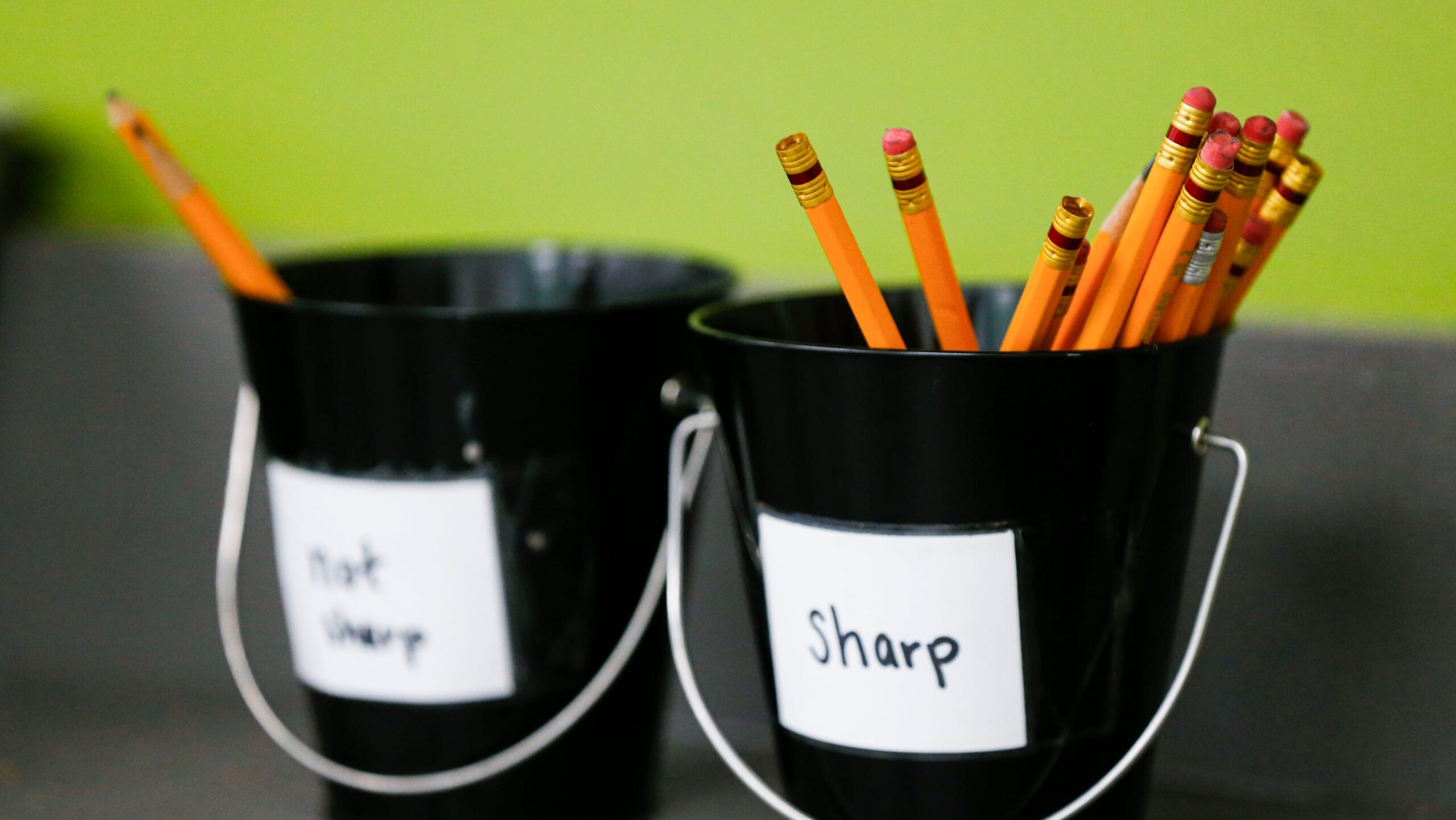My guest this week on Poetry from Daily Life is Heidi Mordhorst, who lives in Silver Spring, Maryland — a short bike ride from Washington, D.C. Heidi began writing poems early in childhood and favors letting a poem decide its own form. Current projects include publishing an online journal of poetry by kids ages 4-11 (WHISPERshout Magazine) and finding ways to use poetry to address the climate crisis. A unique fact about Heidi is that she used to sit and write on a green sofa once owned by Ezra Jack Keats, whose birthday she shares. ~ David L. Harrison
Since retiring — mostly — from public school classrooms, I tell people that my work now is “teaching poetry to kids.” This is not strictly true. Sure, I build poetry workshops, furnishing them with a theme, wide windows that open to the outside, a few carefully chosen artworks on the walls, a simple soundtrack. Everyone gets access to the tool box — even the sharp tools. But mainly what I do is open the door and invite them in, saying, “You Are the Boss of Your Poem.”
Children are the boss of very little these days. With few exceptions, their time is not their own, and if the disposition of some time is given, it is brief. Agency is in short supply both in school (scripted curricula) and at home (structured schedules). So when I say, “You are the Boss of Your Poem,” the frisson of freedom that ripples through the group is palpable.
“So I don’t have to write about the moon?” asks a kid who is obsessed with a certain video game.
“Nope,” I reply. “You can write about whatever you want.”
Need a break? Play the USA TODAY Daily Crossword Puzzle.
“Can I write about my dog instead of water?” asks another.
“Yes,” I say, “you can write about whatever is bubbling up in your ears or your brain or your heart.”
Suddenly, even for the reticent, the uncertain, the hobbled, writing poetry seems like the most possible thing ever. For those who are voluble, confident, skilled, the dam of circumscription breaks and poems flood the plain:
Wolf
(By Lorenzo, 5)
The Wolf running into the
forest.
The Wolf jumps over the
rock.
The Wolf runs even farther into the
forest.
Little animals that glow like leaves
are walking down the trees.
The moon is shining.
Explore
(By Lily and Maya, 6)
through thevines out in theworld into thesunshineup to exploreto find peacethe leaves asin fire through thetrees in mybed I heard a thump offire petalsburst likefire of peace for joyexplore the worldto see your self
‘I want to meet you.’
(By Ollie, 7)
People call me pretty.Thank you for the compliment.I don’t like that much attention.I don’t move from this spotfor my whole life.My species is endangeredbut you can help.My name is Coral.What is yours?
I love weather
(By Safi, 8)
i love weather
i change
the weather changes
faster it is like
a race i cannot win
i cannot speed up
or slow down
the weather wins
when my days are over
Poems
(By Kellan, 7)
Poems are like
quietness just not
really quiet
◆◆◆
By opening the workshop door and offering agency within a safe space (plus a little well-timed individual coaching), I don’t “teach poetry.” I invite young people to discover deep and authentic personal liberty, writing themselves and their world into brighter being. This is why I publish WHISPERshout Magazine, and why I stand for Poetry and Justice for All.
Heidi Mordhorst is the author of two collections of poetry for young readers and contributions to journals and anthologies for both adults and children, most recently “Poetry by Chance” (Button Poetry, ed. Taylor Mali) and “Dear Human on the Edge of Time: Poems on Climate Change in the US” (Paloma Press, ed. Luisa Igloria et al). She has taught in classrooms for 35 years and recently served on the NCTE Excellence in Poetry Award Committee.
